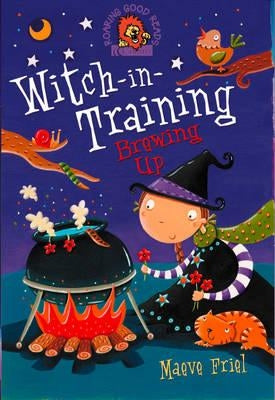Surgery in London and The Royal College of Surgeons of England'Opportunities and Pitfalls'The Royal Commission on Medical Education (the Todd Report) in 1968 supported by the Flowers Report in 1980 recommended major changes to undergraduate and postgraduate medical education. London was considered separately because of the disproportionate number of teaching hospitals, medical schools, specialist hospitals and research institutes.
After the Second World War, extraordinary advances in the medical sciences, engineering, high technology and surgical techniques dramatically expanded the spectrum of disease amenable to surgical treatment. The UK remained non-compliant with EU directives on the 'harmonisation' of specialist training until the 1990s and this revolutionary era which culminated in a transformation of surgical training and practice, is described.
An increasing number of elderly patients, and others with comorbidities, are now candidates for complex procedures and at higher risk of complications and death. The ongoing controversy regarding the optimal organisation of operative and postoperative care for these patients is discussed.
An overview, currently lacking, of more than 700 years of recorded surgical history provides requisite historical context including details of commissioned reports and some of the most consequential post-war innovations. The sometimes adversarial relationship of diplomates with the Royal College of Surgeons of England and its predecessors is examined.
In the summer of 2020, Professor Neil Mortensen the newly elected President of the Royal College of Surgeons of England invited Baroness Helena Kennedy, QC to produce a 'Diversity and Inclusion Review' that was published on 18 March 2021. Sadly, the report concluded that the college and the profession are systemically "sexist, racist and homophobic". The college responded with its 'Diversity, Equity and Inclusion Action Plan' (DEI) dated 16 September 2021 and the subject is considered.
The purpose of this mini-monograph is to provide a concise account of the evolution of surgical training and practice as it affected London and the rôle of the Royal College of Surgeons of England and its predecessors.




















































